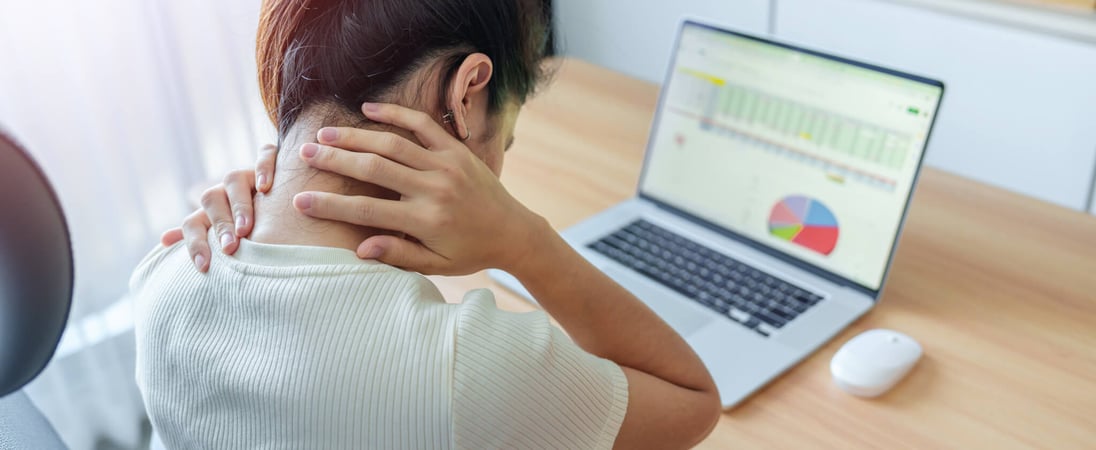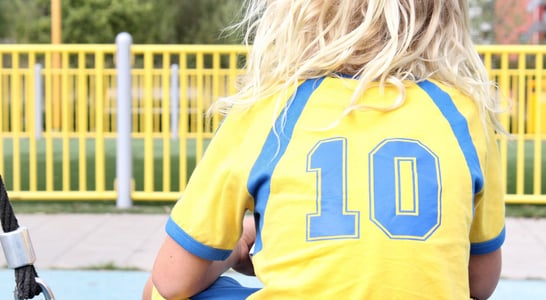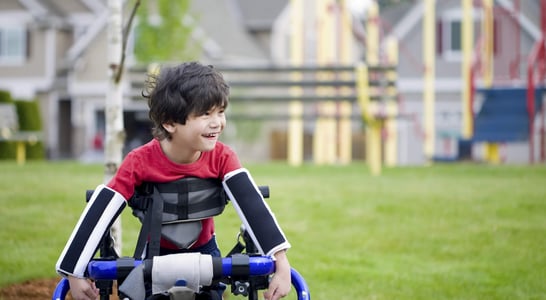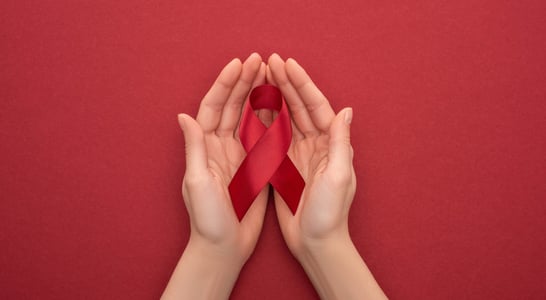
National Dystonia Awareness Month
Raising understanding, shedding light on neurological challenges, fostering empathy for those navigating the complexities of dystonia.
As the third most common movement disorder affecting people today, it is estimated that approximately 300,000 people in North America are affected by this condition. This chronic neurological disorder results in involuntary muscle contractions that may include excessive spasms and twisting into awkward postures.
Some estimates show that up to 70% of patients with dystonia are misdiagnosed at first, making the need for education about it even more important. National Dystonia Awareness Month is here to bring this condition forward into the public eye with the need for support, research and an eventual cure!
History of National Dystonia Awareness Month
The observance of National Dystonia Awareness Month was made official in 2016 when it was introduced through the US Senate and then designated by Congress that year. Since that time, the event has been celebrated annually with the purpose of increasing public awareness and providing information while advancing research opportunities.
In addition, the hope for the day is that people who are affected by dystonia will receive the support and care they so deeply need and deserve. While there is currently no cure for dystonia, there are treatment plans based on the impact on the person’s life. National Dystonia Awareness Month is celebrated with the desire to not only support people with this condition, but also to create opportunities for further medical research.
How to Observe National Dystonia Awareness Month
Get more connected and learn about this rare disorder by observing National Dystonia Awareness Month with some of these ideas:
Learn More About Dystonia
One of the most important ways to show support for National Dystonia Awareness Month would be to learn a bit more about this disorder, leading to a better understanding of its impact. Then, don’t forget to share with friends, family members, coworkers and others, whether through social media or in person with conversations around the topic.
Consider some of these facts about dystonia in honor of the day:
-
Dystonia can affect anyone of any age.
-
Dystonia movements can be slow or fast, from mild to severe, and they can either be predictable or happen at random.
-
Dystonia can affect different parts of the body. For instance, dystonia of the vocal chords can make talking difficult or dystonia can interfere with a person’s ability to walk, eat, type, hold the head straight or many other manifestations.
Support the Dystonia Medical Research Foundation (DMRF)
Those who want to get more involved in helping out or supporting those who are affected by dystonia might consider connecting with the DMRF. This might include volunteering, working as a researcher, or making a donation to support the charity’s efforts. National Dystonia Awareness Month is a great time to show personal support as well as increasing public knowledge or even hosting a fund-raising event to give an extra measure of support at this time of year.
Get Support for Dystonia
Individuals and families who are affected by dystonia can use Dystonia Awareness Month as an opportunity to raise awareness and find support. This might mean connecting with resources through the DMRF website, as well as perhaps joining an online support group or even starting one in the local area.
Also in ...
View all holidaysGinger Cat Appreciation Day
Though they have a reputation for being total doofuses, ginger cats are actually—wait no, that’s right. Give your ginger doofus a big hug and some cat treats.
National Tofu Day (UK)
Try a healthier, often more eco-friendly option in your meals instead of meat. Try tofu stir-fry, tofu in taco bowls, or even a sweet, moist tofu-based dessert.
We think you may also like...
World Cerebral Palsy Day
Join or host an event, or donate your time or money to understanding cerebral palsy and supporting research and resources for this sometimes debilitating disease.
ALS Awareness Month
A condition affecting motor neurons, ALS challenges resilience, fostering community, advancing research, and supporting individuals.
Decembeard
Supporting bowel cancer research through facial hair growth, spreading awareness, and fostering solidarity in the community.








